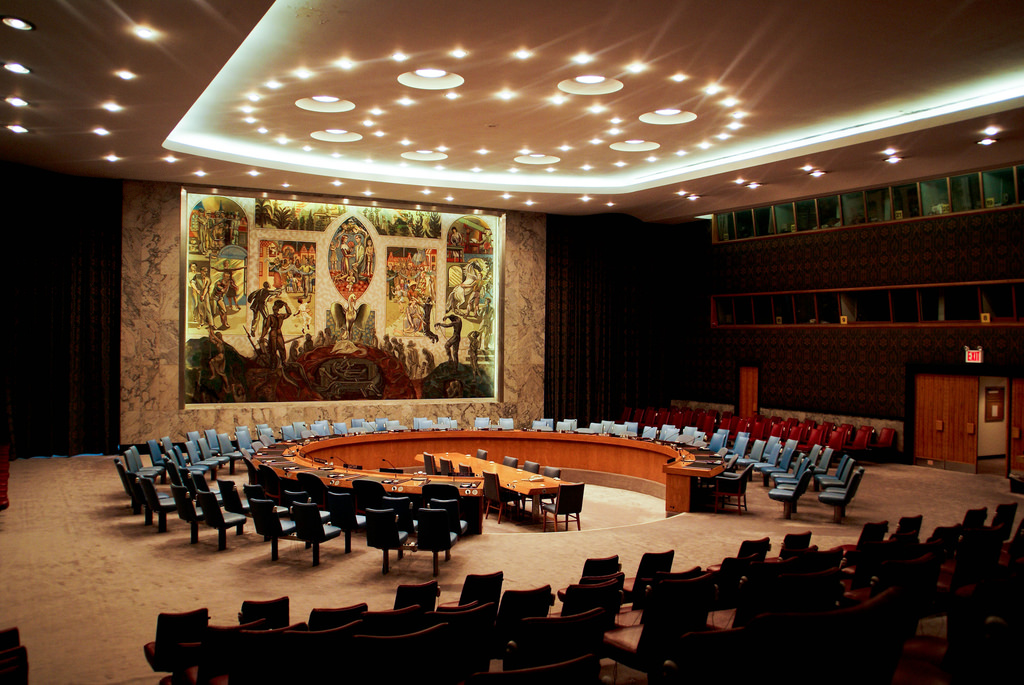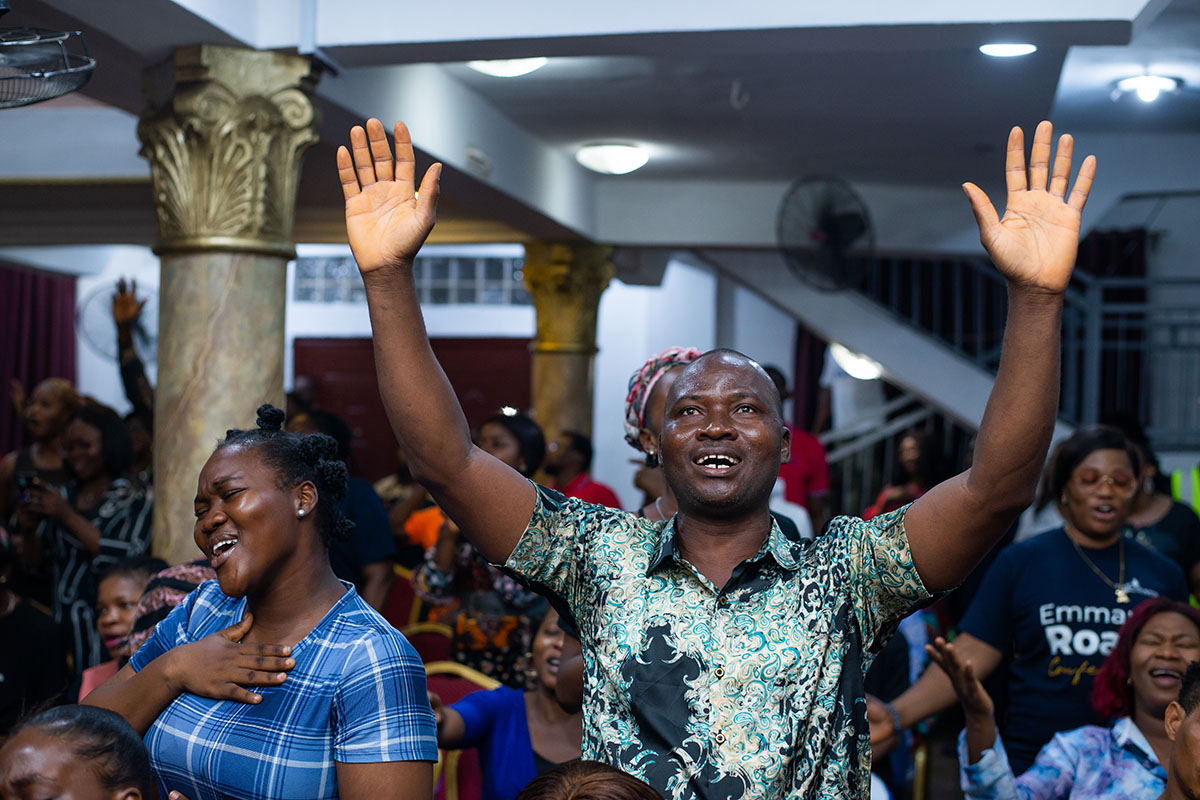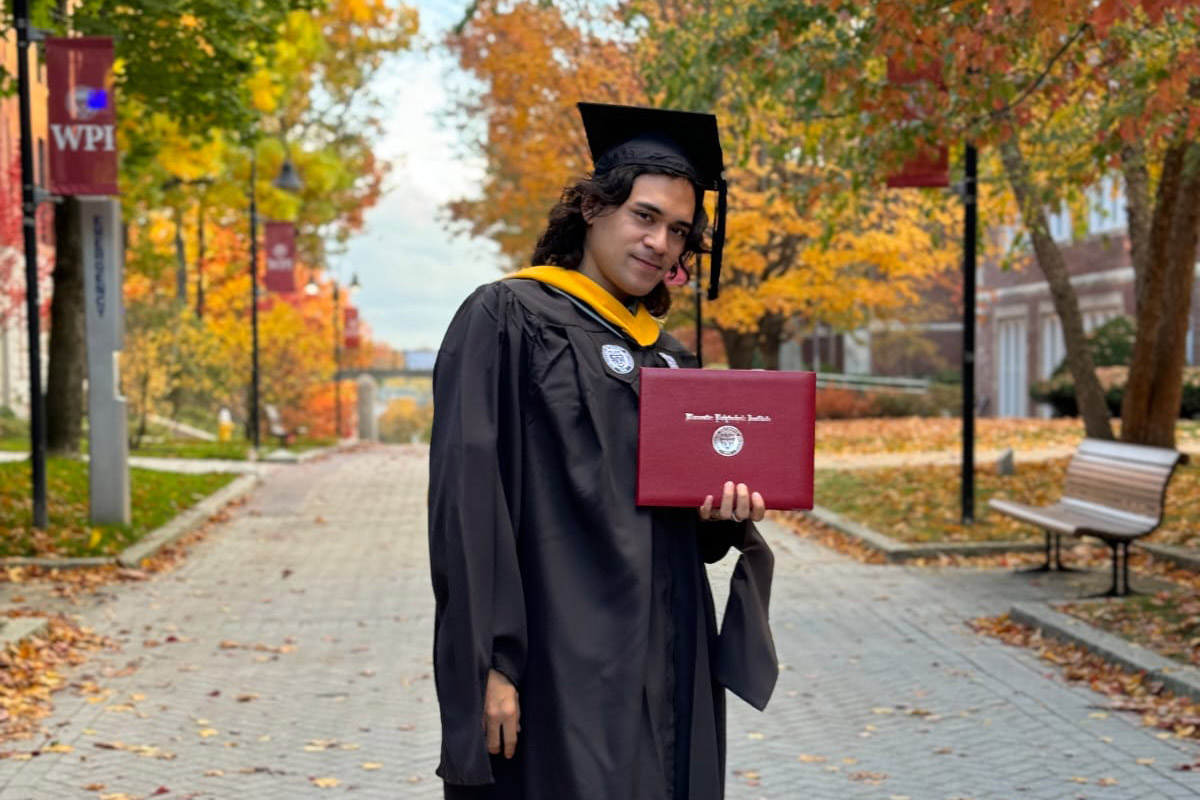“The UN: how united is the United Nations?”
May 10The United Nations was founded after World War II as a replacement for the ineffective League of Nations. As Folmi Yohanna, 28, a Commonwealth Correspondent from Bauchi State in Nigeria states, its objectives include maintaining international peace and security, but its voice is not always united.
The United Nations incorporates a Security Council, which is one of the principal organs of the organisation, comprising of five permanent members and ten non-permanent members elected on regional basis to serve a two-year terms. The permanent members can veto any substantive Security Council resolution. The powers of the Security Council include the establishment of peacekeeping operations, the establishment of international sanctions, and the authorisation of military action through Security Council resolutions.
In recent years, there has been division between Russia, China and the United States on a number of issues ranging from North Korea to the Ukraine and the civil war in Syria. This division makes one to wonder how “united” the United Nations is in resolving conflicts around the world.
Russia and the United States are often at loggerheads, using the organisation as platform for competition for power and influence in the post-Cold War era by exercising their veto powers over certain resolutions. Take, for instance, Syria. If the UN is truly “united”, this civil war would have been a thing of the past. I need not expatiate further on the roles the United States and Russia played or are playing, along with their allies, which has added more salt to an injury in the case of the Syrian civil war.
The relevance and the effectiveness of Security Council to end conflict over time has been questioned. For instance, the ongoing conflict in Yemen that began in 2015 and the Israel – Palestine conflict characterise the weakness of the UN in resolving conflicts.
Paul Kennedy is a British historian who wrote “The Parliament of Man: Past, Present and Future of the United Nations.” After studying the first 60 years of the Security Council’s existence, he said that “glaring failures had not only accompanied the UN’s many achievements, they overshadowed them”, and identified the lack of will to prevent the ethnic massacre in Bosnia and Rwanda as its particular failures.
It would not be fair to the United Nations if I fail to acknowledge the fact that the body, through Security Council resolutions, has played a role in resolving some conflicts around the globe. A Rand Corporation 2005 study titled “The UN’s Role in Nation Building: From the Congo to Iraq” found the UN to be successful in two out of three peacekeeping efforts. The Human Security Report produced at the University of British Columbia’s Liu Institute for Global Issues by the Human Security Report Project (HSRP) documented a decline in the number of wars, genocides and human right abuses since the end of the Cold War and presented evidence, albeit circumstantial, that international activism spearheaded by the UN is the reason for the decline.
For the UN to be more effective in subverting and resolving global crises, there is need to restructure the body, starting with the Security Council. According to Sudhir Chella Rajan in his work “Global Politics and Institutions”, there is the need to broaden the membership of Security Council. I align myself with his submission and advice that we do away with the veto power assigned to certain members so that the UN and Security Council can be more democratic in its outlook – and so that they may be more united in resolving conflicts.
Photo credit: riacale UN Security Council via photopin (license)
………………………………………………………………………………………………………………
About me: I am legal practitioner practicing in Nigeria. I would love to be at the top of my career and hopefully, publish books. Also, be an agent of positive change in Nigeria and the world.
I love reading, practicing my profession, doing voluntary humanitarian activities, watching and playing of football and I love playing video games.
…………………………………………………………………………………………………………………
Opinions expressed in this article are those of the author and do not necessarily represent the views of the Commonwealth Youth Programme. Articles are published in a spirit of dialogue, respect and understanding. If you disagree, why not submit a response?
To learn more about becoming a Commonwealth Correspondent please visit: http://www.yourcommonwealth.org/submit-articles/
…………………………………………………………………………………………………………………





